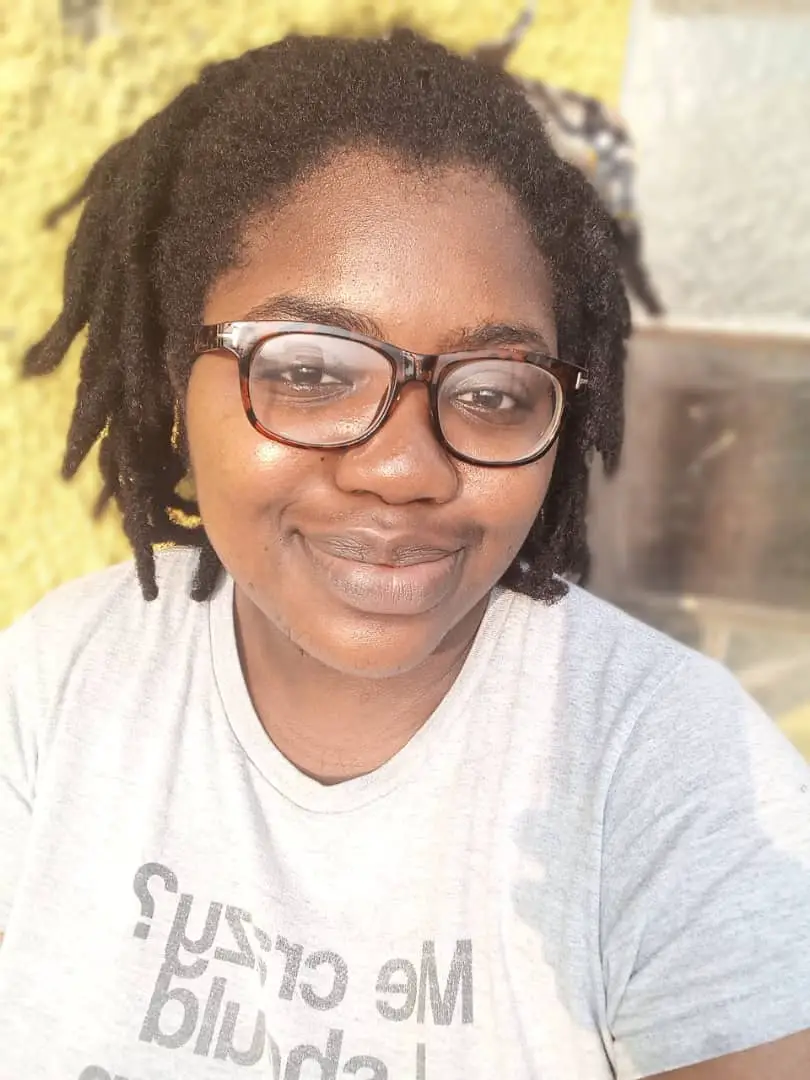One of my favourite writers and feminists is definitely Chimamanda Ngozi Adichie. She has been an influence in how I write and approach issues of feminism as an Igbo woman.
It was also through her that I first remember hearing the word feminist. It was also through her novels like Americanah and Half of A Yellow Sun that played a pivotal role in me deciding to dedicate my life to the power of storytelling in shaping narratives for women.
Ms. Adichie is also a renowned public speaker in addition to being a novelist, short story writer and essayist.
In a speech she gave at Wellesley College in 2015, she encouraged women to be intentional about hiring women for roles and not expecting women to be extraordinary especially when men did not have to be too qualified for the same role. She went on to say that a woman just had to be good enough for the role.
In another speech that she gave, Ms. Adichie also went further to say that to tilt the balance of inequality, it is only logical that women start getting things because we are women; she said too that it follows the same logic of men receiving things for no other reason because they are men.
I remembered Ms. Adichie’s comments when in early 2022, a collection of bills aimed at gender parity for Nigerian women was rejected by lawmakers in the House of Representatives. One of the bills was asking for there to be a recognised 35% quota for women in politics.
One of the other bills that was rejected was one seeking to ensure that foreign husbands of Nigerian women could also gain citizenship. Yes, Nigerian women cannot confer citizenship on foreign husbands. The reverse is not the case for foreign wives married to Nigerian men.
But back to the importance of political quotas for Nigerian and indeed African women in politics and public life.
The reality is that there are several barriers to entry for women in all aspects of social and political life. The presence of quotas regarding women’s representation in politics ensures that the gap between women and men in public office gets closed faster.
It goes further to ensure that the idea of a woman in power is not alien to young girls watching. This is such that even in areas outside of politics, women and girls are emboldened to take up leadership positions because they have a reference in a woman in political life.
Some may bring up the argument of the place of merit. While it is important that women in politics are qualified and are women who center women’s issues, it is important to note that the idea of quotas is to ensure that underrepresented voices see themselves and their issues at the helm of political affairs.
It is not only women in Nigerian and African politics that ask for quotas and political representation. A very glaring example of this is the #NotTooYoungToRun campaign which seeks to have more young people in Nigerian politics. Why then do women encounter haranguing and gaslighting when we push for quotas that will see us represented in politics and public life?
Speaking with Oreoluwa Shodipo, a law student and feminist, she believes that quotas can propel women to get into politics.
In her words: “I think quotas can help propel women to participate in politics. Knowing that a percentage is needed/dedicated to women in politics, that they don’t necessarily have to “contend” with men might be the encouragement they need to participate in politics.
Also, the quota shouldn’t be inconsequential, else it will be counter productive. The quota should not be insignificant and the positions to be held should be “impactful” positions. I also believe that the percentage of the quota should not be small.”
For Honorable Damilola Agbaje, a lawyer and politician, she believes that quotas encourage inclusion and send messages of belonging.
To quote her: “Quotas are a huge part of affirmative action for female representation, and quotas are highly important because they provide a huge systemic shift towards inclusion that individual women would have found difficult achieving on their own.
A quota system sends a message of belonging, as it moves beyond merely saying that women should be in leadership positions, but showing in real-time how they can access these opportunities.
The quota system is a great start in solving the underrepresentation of women in African politics, combined with more flexibility to accommodate women, and more female inclusion within political parties.”
To see a truly just world, more feminist minded women must be at the helm of politics and where decisions are made.
Quotas are part of the ways to encourage women to feel truly heard and seen and the importance of political quotas for women must always be amplified.
Image: Uche Lilian Ekwunife, Former Senator and Nigerian Politician.

Angel Nduka-Nwosu is a writer, journalist and editor. She moonlights occasionally as a podcaster on As Angel Was Sayin’. Catch her on all socials @asangelwassayin.


